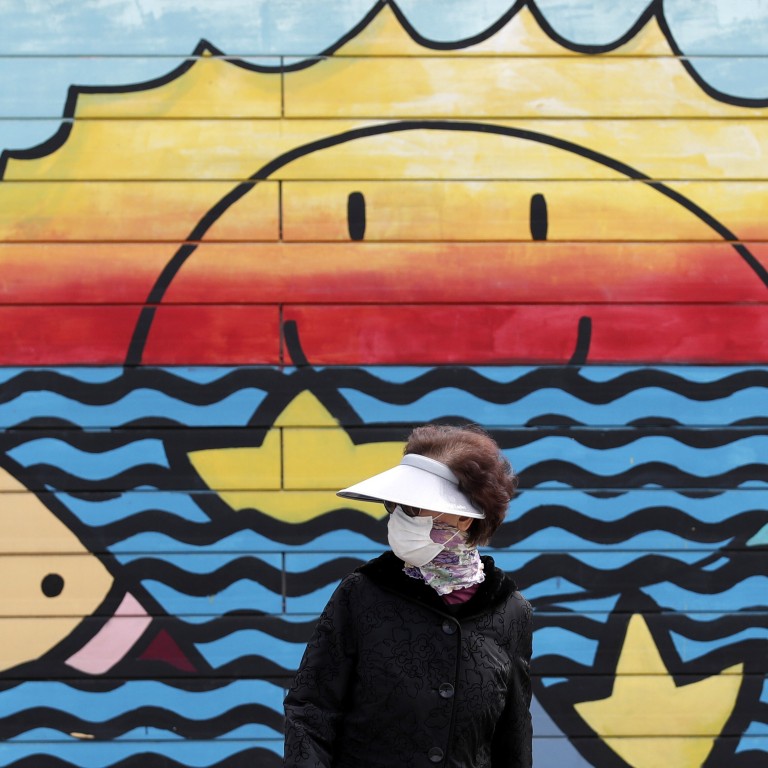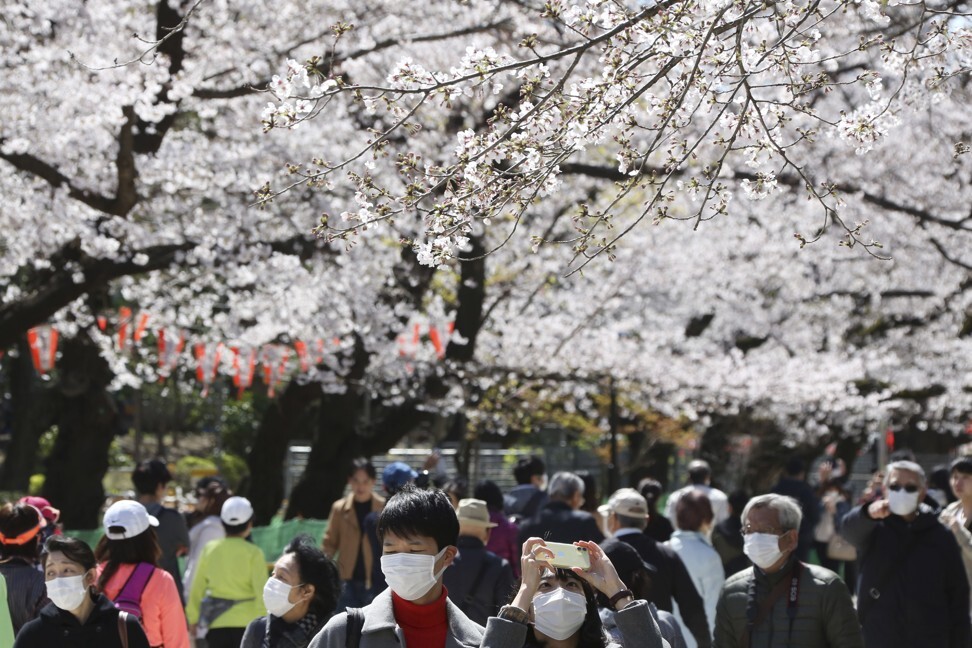
In the battle against the coronavirus, Japan and the four ‘tiger economies’ offer the world a new ‘Asian miracle’
- The relatively low infection and death rates in Japan, Hong Kong, Singapore, South Korea and Taiwan are a testament to investment in public health infrastructure, transparency and societies that prioritise group interests
Now that we live in a time of coronavirus, simple survival is more important than 6-8 per cent growth. And it seems that Japan and the Asian tigers have something special to show us after all, as these places seem to be doing better than just about anywhere else in keeping Covid-19 under control. This is not a coincidence.
The numbers are striking. These five economies have recorded only 384 deaths from Covid-19, as of April 14, despite having a combined population of 215 million. That’s a much lower death rate – and a lower infection rate – than countries ranging from China to the United States.
The US population is about 330 million, yet it’s recorded more than 22,000 deaths, 70 times as high. China, with six times the population of Japan and the tigers, has about 10 times the Covid-19 death toll.
Japan and the Asian tigers each have quite different systems, from freewheeling Taiwan to buttoned-down Japan and Singapore. Some have high smoking rates – which are linked to Covid-19 deaths – and some low ones. Some have higher obesity rates – another factor that might be linked to Covid-19 mortality – than others.
The US spends almost 18 per cent of its gross domestic product on health care, twice the Organisation for Economic Cooperation and Development average, yet it almost immediately ran out of the most basic 75-cent face masks, let alone expensive ventilators.
Part of Japan and the tigers’ success to date comes down to practice, and to remembering that a government’s first duty is protect its people. These five economies are part of a region that in the past 20 years has endured outbreaks of severe acute respiratory syndrome, avian flu, swine flu, Nipah virus, and Middle East respiratory syndrome. Temperature checks are a matter of routine.
Pointing out that people in Japan and the tiger economies are generally more willing to consider group interests rather than their narrow individual interests is a cliché. But it’s still by and large true. On the whole, the willingness to wear masks and take good hygiene and social distancing seriously has proven effective.
Finally, all five economies have transparency at their heart. They have accountability, elected officials and independent journalists and NGOs which hold companies and governments accountable.
When the histories of Covid-19 are written, some of the most impressive lessons will be learned from Japan and the tigers. They’ll be lessons about technology, of course, but they will also be about systems, trust and openness to learn from mistakes and improve.

Hongkongers should visit the memorials of and give thanks to those who died during Sars – and thank those who continue working through the current crisis.
Mark L. Clifford is the executive director of the Asia Business Council and the author of Troubled Tiger: Businessmen, Bureaucrats and Generals in South Korea
Sign up now and get a 10% discount (original price US$400) off the China AI Report 2020 by SCMP Research. Learn about the AI ambitions of Alibaba, Baidu & JD.com through our in-depth case studies, and explore new applications of AI across industries. The report also includes exclusive access to webinars to interact with C-level executives from leading China AI companies (via live Q&A sessions). Offer valid until 31 May 2020.

